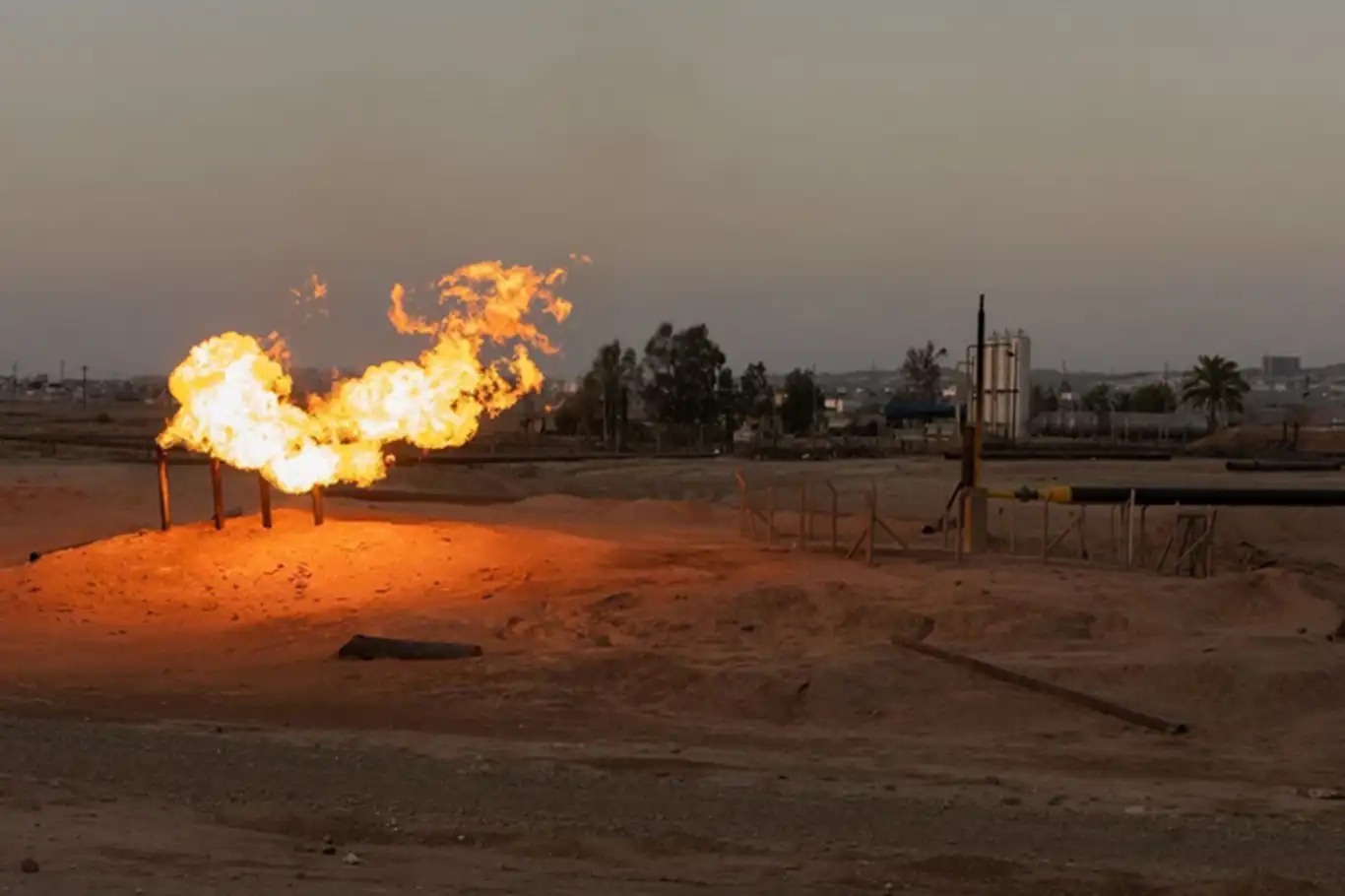Explosion halts oil output at Sarsang field in Iraqi Kurdistan


An explosion rocked the Sarsang oilfield in Iraq’s semi-autonomous Kurdistan region on Tuesday, forcing a suspension of oil production at one of the field’s key facilities, operator HKN Energy announced.
The blast, which occurred around 7:00 a.m. local time, is suspected to be the result of a drone attack, with Kurdish authorities pointing to Iran-backed militias as potential culprits.
HKN Energy confirmed via social media that no injuries were reported, and all personnel at the site were safely accounted for. “Operations at the affected facility have been suspended until the site is secured and a full evaluation is completed,” the company stated. Emergency response teams swiftly contained the damage, but the incident has heightened concerns about the vulnerability of Iraq’s critical energy infrastructure.
While HKN Energy has not officially confirmed the cause of the explosion, security officials from the Kurdistan Ministry of Natural Resources told Reuters that early investigations suggest a drone strike, likely launched from territory controlled by Iran-backed armed groups. No group has claimed responsibility for the attack.
The Sarsang oilfield, spanning 420 square kilometers and encompassing the Swara Tika and East Swara Tika fields, is a vital component of Kurdistan’s oil production, with multiple Triassic oil reservoirs. HKN Energy has not disclosed the field’s daily output or the extent of the disruption caused by the explosion, but the halt in operations could ripple through global energy markets already sensitive to regional instability.
This incident follows closely on the heels of another alarming event: on Monday, two drones reportedly fell near the Khurmala oilfield, close to Erbil, the capital of Iraqi Kurdistan. The region’s Counter-Terrorism Service confirmed the incident but provided limited details on damage or the drones’ origins. The proximity of these events has raised fears of a coordinated campaign targeting Kurdistan’s oil infrastructure, a cornerstone of the region’s economy.
HKN Energy is collaborating with local authorities and stakeholders to secure the Sarsang site and assess the damage. “A full assessment is underway, with safety of personnel and communities as our top priority,” the company said. Kurdish officials, meanwhile, are intensifying efforts to investigate the suspected drone attack and bolster security around energy facilities.
The back-to-back incidents at Sarsang and Khurmala underscore the precarious security situation in northern Iraq, where geopolitical rivalries and militia activities threaten the stability of the oil sector. As investigations continue, energy companies in the region remain on high alert, bracing for potential further attacks that could disrupt Kurdish oil exports and exacerbate regional tensions. (ILKHA)
LEGAL WARNING: All rights of the published news, photos and videos are reserved by İlke Haber Ajansı Basın Yayın San. Trade A.Ş. Under no circumstances can all or part of the news, photos and videos be used without a written contract or subscription.
Sudan’s ongoing war between the Sudanese Armed Forces (SAF) and the Rapid Support Forces (RSF) has plunged the country into a worsening humanitarian crisis, exacerbated by escalating violence, mass displacement, and heavy seasonal rains, the United Nations Office for the Coordination of Humanitarian Affairs (OCHA) warned on Monday.
At the invitation of Turkish President Recep Tayyip Erdoğan, the President of the United Arab Emirates, Sheikh Mohammed bin Zayed Al Nahyan, will pay an official visit to Türkiye on July 16, according to a statement by the Presidency’s Head of Communications, Burhanettin Duran.
The Israeli occupation army has assassinated Mohamed Faraj al-Ghoul, a former Palestinian minister of justice and member of the Palestinian Legislative Council, in a targeted airstrike on Gaza City on Tuesday, according to local sources.